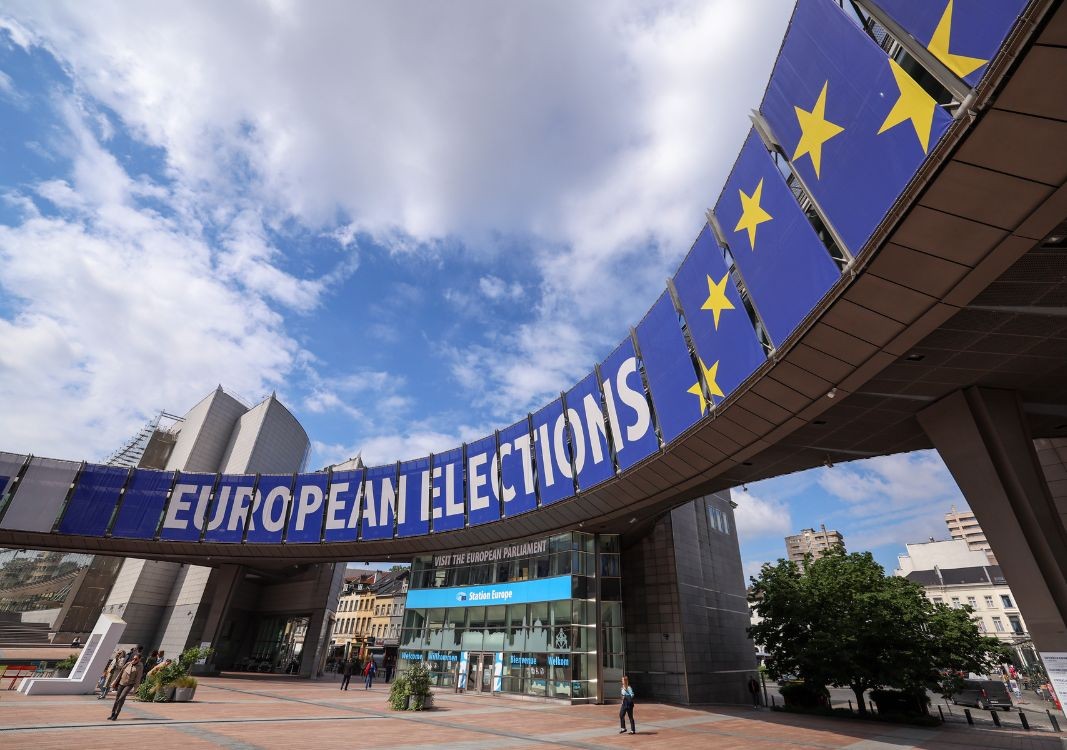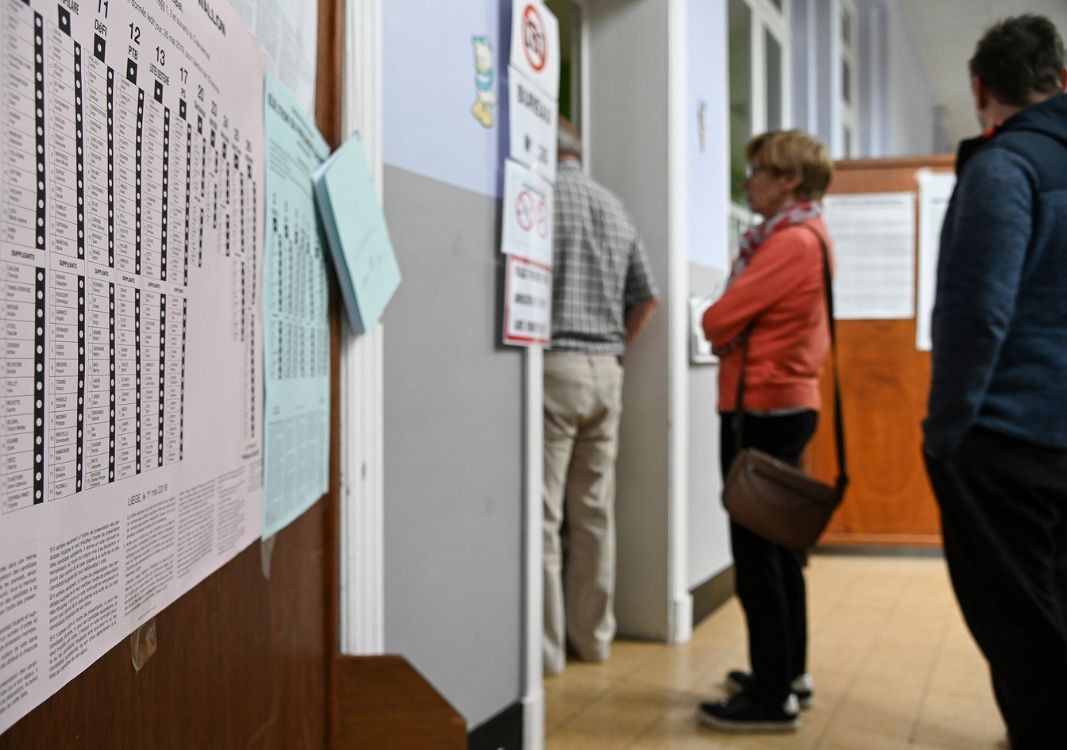Bulgaria has been a member of the EU since 1 January 2007. However, Bulgaria had representatives in the European Parliament before its official membership. In 2005, the National Assembly elected 18 Bulgarian MPs who had the status of Euro observers. Until Bulgaria's EU membership, they were entitled to participate in all the meetings of the European Parliament - political groups, committees and plenary, but without the right to vote. They could also make speeches at all but plenary sittings.

In the EU's 720-seat parliament, Bulgaria keeps the number of its representatives - 17. 31 Bulgarian parties and coalitions have nominated candidates. Voting in Bulgaria is compulsory by law, is carried out in person by the voter and constitutes the performance of his or her civic duty.



On 9 June, Bulgaria holds 2-in-1 elections - for members of the national parliament and MEPs. In this regard, we should remind that on election day in Bulgaria and in the EU Member States, Bulgarian voters have the right to vote in both elections. In non-EU countries, including the UK, only those Bulgarian nationals who choose to cast their vote at the polling stations open in the diplomatic and consular representations of Bulgaria are entitled to vote for the National Assembly and the European Parliament. In other places in the countries outside the Community, Bulgarian nationals can vote only for candidates for the 50th National Assembly.
Calin Georgescu to run for President of Romania Romanian police seized weapons and large sums of money in the investigation against pro-Russian former presidential candidate Calin Georgescu. 25 kg of gold, more than 3.3 million dollars, 43 000..
"The 'Zhelyazkov' cabinet must continue to work, even as a minority government." This was GERB leader Boyko Borissov's comment on the Constitutional Court's decision to order the Central Election Commission to recalculate the results of the..
Călin Georgescu remains the favorite for the presidential election in Romania Călin Georgescu, who won the annulled first round of the presidential elections in November 2024 as an independent candidate, remains the..

+359 2 9336 661
